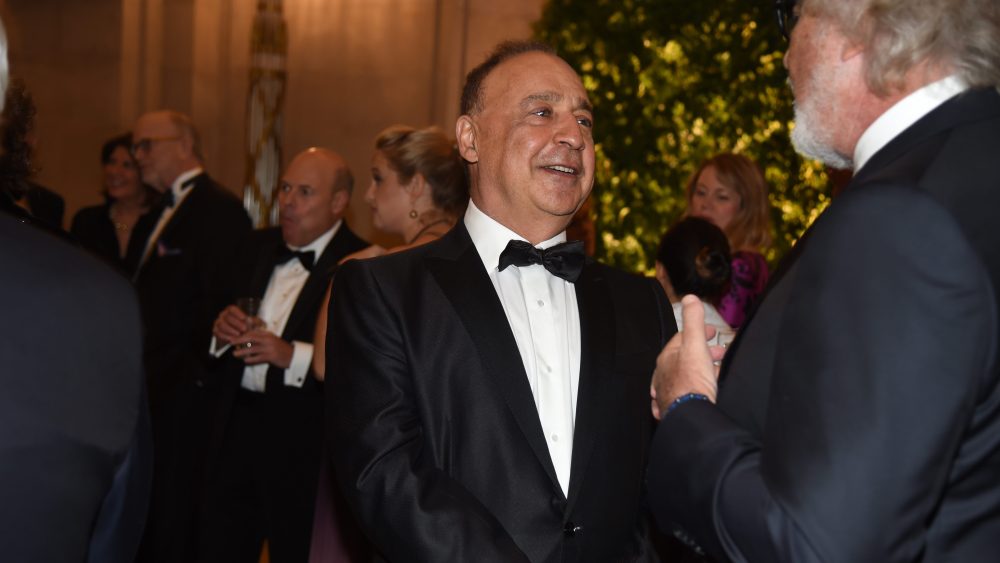The family foundation of longtime showbiz investor and film producer Len Blavatnik has donated $25 million to USC‘s School of Cinematic Arts to establish the Blavatnik Center for Virtual Production.
The 15,000-square foot center will help expand the university’s virtual production curriculum that aims to give students a foundation in all aspects of using virtual production and the generative AI tools that it requires. Blavatnik, founder of investment firm Access Industries, with interests ranging from Warner Music Group to A24.
“Virtual production has become an integral part of filmmaking, led by the next generation,” said Blavatnik, founder of the Blavatnik Family Foundation. “I’m proud to support the School and provide young filmmakers with the tools and resources needed to master these emerging technologies and lead the industry’s future.”
The Blavatnik Center will house two stages with wraparound LED panel walls, as well as performance capture, camera tracking and lighting systems. According to USC, “the stages can be operated separately or joined together to form a large production set for students. It will contain multiple classrooms and labs equipped with computers with real-time 3D design software and digital asset libraries.”
“We are so grateful for the Blavatnik family’s generosity and for what it will mean for scaling up the virtual production workforce our industry desperately needs,” says Elizabeth M. Daley, the dean of the USC School of Cinematic Arts. “At USC, we understand the importance of state-of-the-art tools in helping to facilitate the masterful storytelling that grounds our curriculum. The Blavatnik Center will be an important workspace as we collaborate on creating the dynamic filmmaking of the future.”
USC’s virtual production curriculum is currently led by Habib Zargarpour, who created the Virtual Production System in “The Jungle Book” and “Ready Player One,” alongside Scott Kroopf, who leads the producing track at the School of Cinematic Arts, Ken Williams, who serves as the executive director and CEO of the Entertainment Technology Center at USC, and Brad Kean, director of Creative Technology at the School of Cinematic Arts.
Read the full article here








